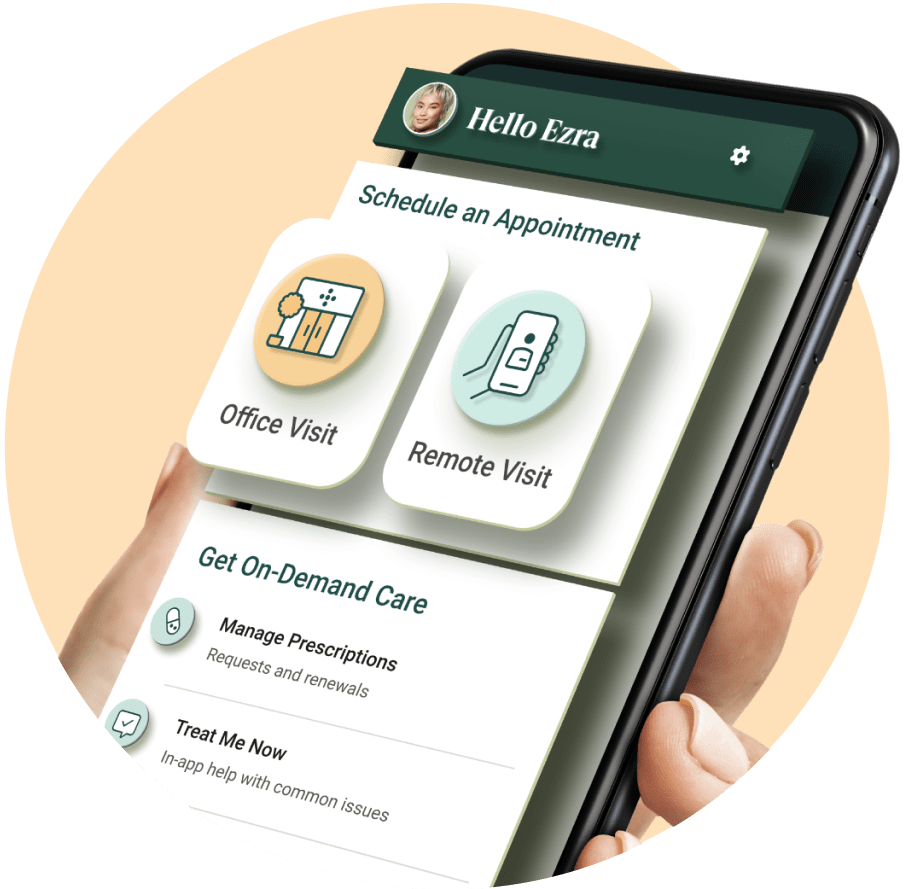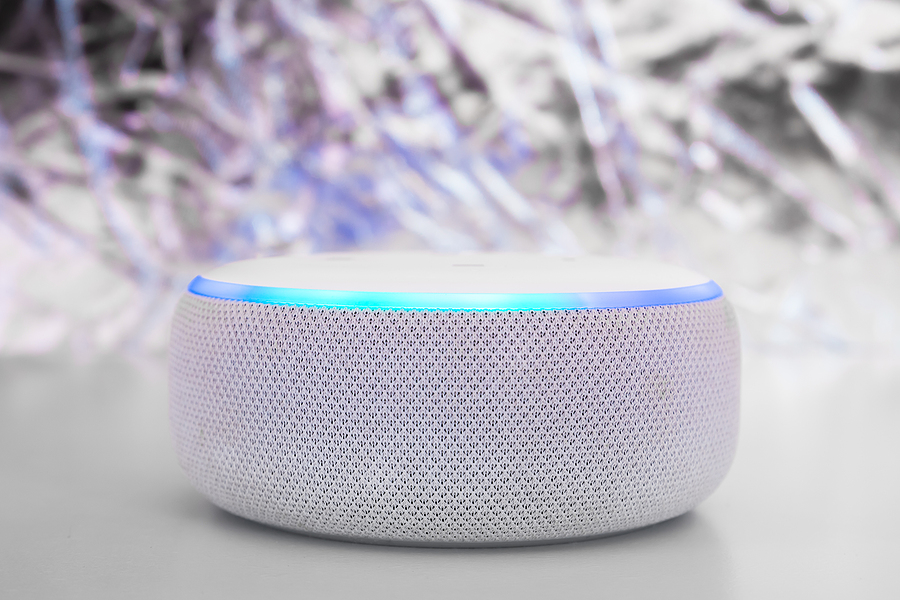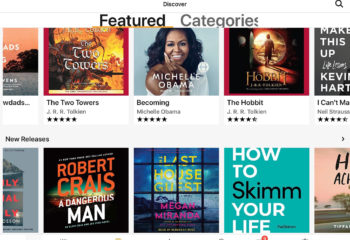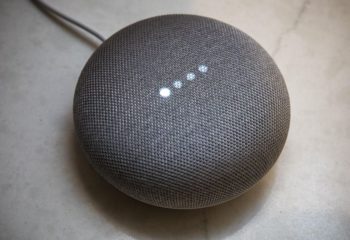Amazon’s $3.9 billion acquisition of One Medical was completed February 23, 2023 and within days the email invitations were sent to Amazon customers. Join the new monster healthcare venture, and get what they’re calling, “Frustration-free primary care,” at an introductory rate of $144 for a year, reduced from $199. This is, they say, “primary care for your body and mind.” Membership benefits are touted as 24/7 virtual care via messaging or video, online appointment booking, on demand video chat, in app prescription requests and renewals. Apparently they also accept most health insurance and can “help” with common illnesses, chronic diseases and mental health concerns. Is this your “doctor’s office re-imagined?”

Amazon’s Echo speaker and voice assistant Alexa are a legendary duo. Introduced in 2014, the pair now boasts 100,000 skills, a mind-boggling number. In the year 2020 alone, there were 53.6 million Echo devices sold. Lately it appears Alexa is positioned to take on healthcare, which makes a lot of sense.
The same reason Alexa’s popularity has accelerated in home settings is why it can integrate and enhance communication in healthcare settings. Liron Torres, global leader of Alexa Smart Properties, told Fierce Healthcare, “We believe that ambient computing can dramatically change and improve the way our customers use and interact with technology.” She went on to say that voice technology is “natural, intuitive, and accessible.” The idea is to simplify the way hospitals and assisted living facilities integrate and manage Alexa-enabled devices to elevate care.

Cedars-Sinai and Boston Children’s, among other hospitals and senior living communities, including Atria and Eskaton, are the first to adopt Amazon’s smart service, which enables patients to easily connect with family and communicate with care team members, by way of voice interaction with Alexa. They can also ask Alexa to play a game, turn on music, get the news, or turn on the TV. “Voice is intuitive for patients, regardless of age or tech-savviness,” said Peachy Hain, executive director of Medical and Surgical Services at Cedars-Sinai.
While it’s all just in the early stages, you can expect to encounter more and more skills being implemented that make healthcare easier to deal with. Some apps are proprietary to healthcare organizations, and others are just for the asking. Alexa has skills that help diagnose illness, manage medications, manage diabetes, manage blood pressure, get first aid advice from the Mayo Clinic, get healthy living tips from the Cleveland Clinic, and even watch over aging loved ones with Alexa Together.
In other healthcare ventures Amazon bought PillPack in 2018 and launched Amazon Pharmacy in 2020. They also partnered with JP Morgan Chase and Berkshire Hathaway to look at lowering healthcare costs and teamed with the National Institutes of Health to develop technology that connects biomedical researchers worldwide. No doubt, there’s more to come.
Post first published Jun 30, 2022 and updated Mar 9, 2023.







